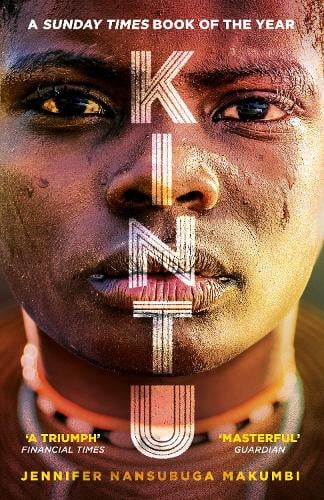

Who do African writers write for? How does their imagined audience impact their work? How do we push back against market forces designed to exploit the “single story”? Every book she has published has pushed the boundary on what counts as a universal story. Kintu, for instance, sparked a global conversation about the politics of storytelling. What echoes through Makumbi’s literary achievements is the power to shift perspectives. Placing Uganda on the center stage of history, the novel presents revelatory moments that come together to unveil an African world that is luminous and captivating. Makumbi traces the tragic lives of the Kintu clan against the background of Uganda’s evolution through colonial violence and postcolonial crisis.

This leads to a curse that follows his descendants for 250 years. This unforgettable read opens in 1754 Buganda and tells the story of Kintu Kidda, a mostly upstanding man who commits a heinous act in the heat of anger. Without Makumbi pandering to the presumed taste of a Western audience, the book has gone on to captivate readers the world over. Makumbi has gone on to win prestigious awards like the Windham-Campbell Prize and the Jhalak Prize, published three more books, and saw Kintu, the so-called problem book, become a global success. Thankfully, she chose the latter, and thus was born one of the greatest pieces of African historical fiction since Chinua Achebe’s Things Fall Apart.

Makumbi had to decide to either rewrite it for a Western audience or stick to her conviction that a book about Uganda written for Ugandans is relatable to the world. To put it bluntly, they said the book was too African to be relatable to their audiences. Though it won the 2013 Kwani? Manuscript Award, a prestigious Kenyan prize, it was rejected by UK publishers. Publishing her first book was nonetheless a struggle. Her first book Kintu was published in 2014, when African writers were gaining global recognition and publishers were warming up to the idea that African books had market value. Jennifer Makumbi appeared on the literary scene at the most auspicious time for African literature.


 0 kommentar(er)
0 kommentar(er)
